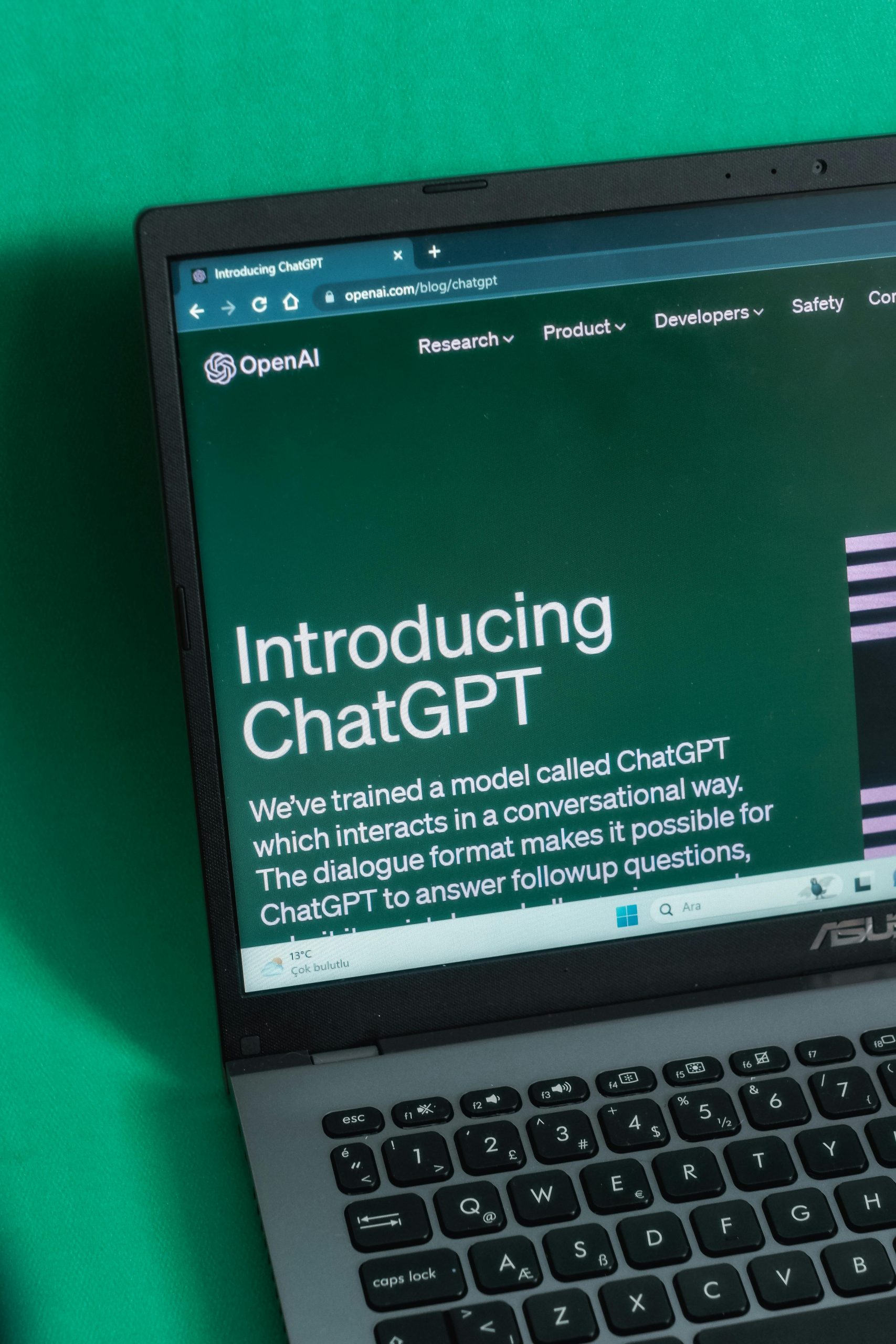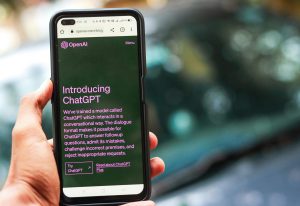Why do many people react so allergic to the restrictions?
Understanding User Reactions to AI Restrictions: A Closer Look at ChatGPT
In the rapidly evolving landscape of artificial intelligence, ChatGPT has become a staple tool for many users worldwide. Its versatility and conversational capabilities have transformed how individuals and professionals approach information retrieval, content creation, and problem-solving. However, a common concern among users is the implementation of restrictions within these AI platforms and why some users react more negatively than others.
Personal Experience with ChatGPT Restrictions
Having utilized ChatGPT extensively over a prolonged period, I can attest that my experience, especially with a Plus subscription, has been largely unrestricted. My usage often involves customizing AI models to better suit my needs—such as integrating specialized knowledge bases. For example, I’ve developed tailored GPT instances that draw from my uploaded technical documents, like engineering textbooks, and enhance their research capabilities through web access. Personally, I haven’t encountered significant limitations, which might explain my comparatively positive experience.
The Root of Negative Reactions to Restrictions
Despite some users experiencing minimal restrictions, many others react strongly against the constraints imposed by AI services. There are several reasons for this disparity:
- Expectations vs. Reality: Users expecting unlimited freedom often feel frustrated when faced with limits designed to ensure safety, ethical use, and platform sustainability.
- Use Cases and Workflows: Individuals relying heavily on AI for professional tasks might perceive restrictions as disruptions, especially if their workflows are sensitive to interruptions.
- Concerns Over Censorship and Control: Some users interpret restrictions as censorship, fearing that their access to information or capabilities is being unfairly limited.
- Variability in Implementation: Different subscription tiers and regional policies can lead to inconsistent experiences, fueling dissatisfaction.
What Are Restrictions in AI Platforms Like ChatGPT?
Restrictions generally serve to:
- Ensure Ethical Use: Preventing malicious or harmful outputs.
- Maintain Platform Integrity: Avoiding misuse, such as generating false information or spam.
- Comply with Legal Regulations: Adhering to regional laws and guidelines.
- Promote User Safety: Limiting exposure to offensive or sensitive content.
In particular, newer versions like GPT-5 may incorporate more advanced safety features, which could lead to perceived restrictions, especially if they’re seen to limit certain types of queries or outputs.
Clarifying the Concerns Around GPT-5 and Its Restrictions
At this point, GPT-5 is a speculative or upcoming model. While details are scarce, it’s














Post Comment